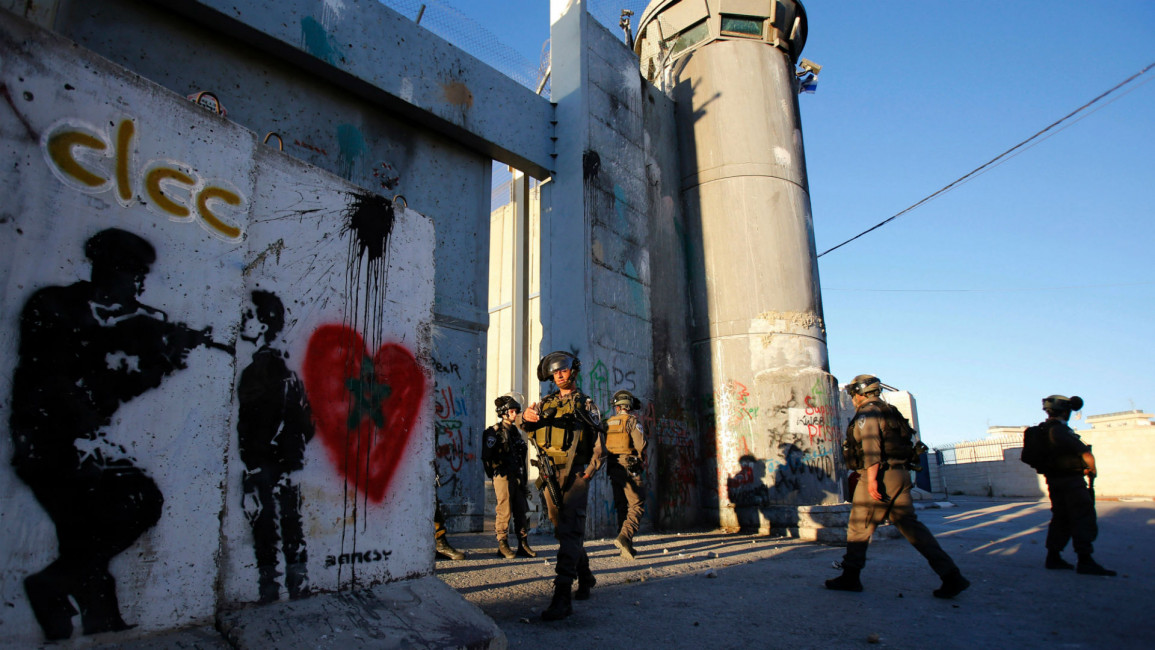Scores of Palestinian prisoners hospitalised after health deteriorates
Scores of Palestinian prisoners on hunger strike have been transferred to hospital after their health deteriorated, the Commission of Detainees and Ex-Detainees Affairs (CDA) reported on Wednesday.
Seventy-six detainees were admitted to Israel's Ofer Hospital, which comes after 36 hunger strikers were transferred to the Hadrim field hospital on Tuesday.
The leader of the Palestinian prisoners' hunger strike and popular Fatah leader Marwan Barghouti announced on Tuesday that he would refuse water in response to Israel's continued refusal to respond to the hunger strikers' demands.
More than 1,600 prisoners took part in the hunger strike that began on 17 April, ingesting only water and salt. By the beginning of May, the number of strikers has now decreased to just below 1,000 people, but Palestinian sources are now saying the number of people joining the hunger strikes have risen by at least 300 since then.
Read also: Palestinian hunger strikers - The frontline of an imprisoned nation
While Palestinian prisoners have mounted repeated hunger strikes, the most recent is reportedly the largest in recent times.
Israeli prison authorities are taking disciplinary measures to pressure the Palestinian prisoners to end their strikes.
Israeli settlers have also used the hunger strikes as an opportunity to taunt Palestinians. Days after the hunger strike was announced, dozens of Israeli settlers organised a barbeque outside a jail near Ramallah.
Some 6,500 Palestinians are currently detained by Israel for a range of offences and alleged crimes. Around 500 are held under administrative detention, which allows imprisonment without charge.



